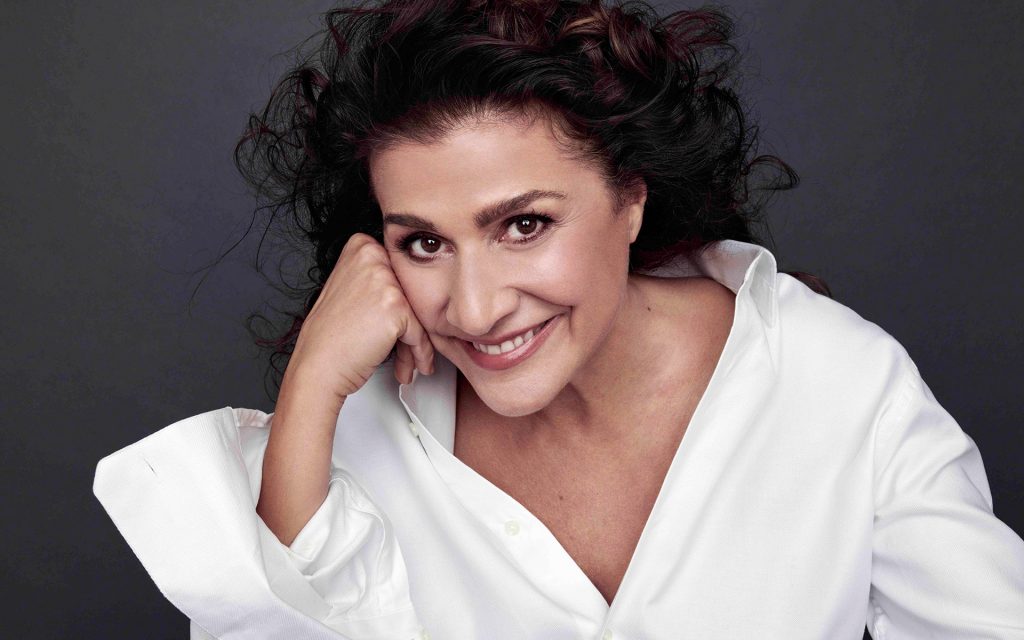CECILIA BARTOLI
The Voice that Revives Centuries
Cecilia Bartoli, born on June 4, 1966, in Rome, Italy, stands out as one of the most distinguished mezzo-sopranos of our time. Her journey in music was almost predestined, being born to professional opera singers. At the tender age of nine, she graced the stage for the first time in Puccini’s “Tosca,” playing the shepherd boy. Her education at the renowned Conservatorio di Santa Cecilia in Rome further honed her innate talents.
Bartoli’s career, marked by a string of high-profile debuts, truly took off in her early 20s. She debuted at the Arena di Verona at 21, appeared at the Opéra Bastille in 1990, and graced the stage of La Scala in 1991. By the age of 30, Bartoli had made her debut at the Metropolitan Opera, solidifying her position as a leading figure in the world of opera.
Renowned for her exceptional interpretations of Baroque and early Classical music, Bartoli has made significant contributions to the revival of these genres. Her work with composers like Gluck, Vivaldi, Haydn, and Salieri, and her portrayal of Cleopatra in Handel’s “Giulio Cesare” are exemplary. Her project “Mission,” which brought to life the works of the lesser-known Baroque composer Agostino Steffani, exemplifies her dedication to musical archaeology. Bartoli’s pursuit to unearth and revive forgotten masterpieces has been a hallmark of her career, showcasing her passion for exploring the depths of musical history.

Bartoli’s versatility extends to the Italian Romantic era and bel canto style, particularly through her study and recording of the repertoire of Maria Malibran, a legendary singer of the early 19th century. Her performances of Bellini’s “Norma” and roles in operas by Rossini, among others, exhibit her mastery of this challenging vocal style.
Her association with prestigious conductors like Herbert von Karajan, Daniel Barenboim, and Nikolaus Harnoncourt from an early stage in her career speaks volumes of her talent. Bartoli’s collaborations with esteemed period instrument orchestras and her artistic leadership roles, notably with the Vienna Philharmonic Orchestra, highlight her influence in the classical music world.
Bartoli’s career is not just limited to her singing; she has also taken on significant administrative roles. In 2012, she became the artistic director of the Salzburg Whitsun Festival, revamping its programming and boosting its international presence. More recently, in a historic move, she became the director of the Opéra de Monte-Carlo, being the first woman to hold this prestigious position.
Her personal life reflects a balance between her professional excellence and a harmonious private sphere. Cecilia Bartoli resides with her husband, Swiss baritone Oliver Widmer, dividing her time between Zollikon in Switzerland and Rome.
Throughout her career, Bartoli has been honored with numerous awards and accolades, reflecting her contributions to the arts and her status as a leading figure in classical music. Her journey is a testament to her passion for music, her commitment to reviving forgotten works, and her continuous pursuit of excellence on the stage and beyond.
